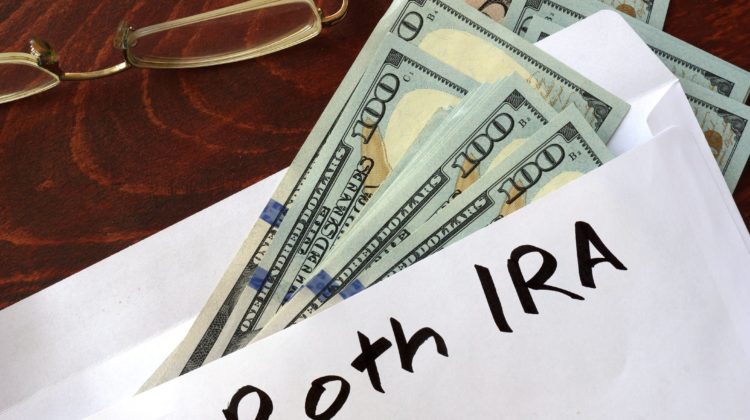
Saving money for retirement is essential. Social Security generally won’t pay you enough money to live comfortably, so you’ll need a way to supplement those benefits — and your retirement plan could be your ticket in that regard. And if you’re thinking about where to house your savings, you may be considering a Roth IRA.
Roth IRA contributions are made with after-tax dollars, so they don’t result in an immediate tax break. It’s for this reason that many savers favor the traditional IRA, which allows for tax-free contributions. But while you’ll lose that specific tax incentive, you’ll gain these three benefits if you keep your savings in a Roth IRA.
Image source: Getty Images.
1. Tax-free withdrawals during retirement
Roth IRA withdrawals are yours to enjoy tax-free during retirement, whereas traditional IRA withdrawals are taxed. And that could make a huge difference when you’re older and on a fixed income. It’s a lot easier to plan to withdraw $24,000 a year from your IRA in retirement knowing that you’ll get to keep that money in full rather than have to calculate how much of that withdrawal the IRS actually gets. Furthermore, all investment gains in your Roth IRA are yours to enjoy tax-free, whereas with a non-Roth account, those gains are merely tax-deferred.
2. Aid in avoiding taxes on Social Security benefits
Many seniors are shocked to learn that their Social Security income is subject to taxes. Whether or not those benefits are taxed boils down to your provisional income, which is half of your annual Social Security income plus your remaining income. You may be taxed on up to 50% of your benefits if your provisional income lands between $25,000 to $34,000 as a single tax filer, or between $32,000 and $44,000 as a married couple filing a joint tax return. Meanwhile, you may be taxed on up to 85% of your benefits if your provisional income exceeds $34,000 as a single tax filer, or $44,000 as a joint filer.
The good thing about having your savings in a Roth IRA, however, is that your withdrawals won’t count toward your provisional income. That alone could prevent you from having to pay federal taxes on your Social Security benefits (though you may still be subject to state taxes on them).
3. No required minimum distributions
Once you turn 72, you’re normally forced to take required minimum distributions, or RMDs, from your retirement plan. These distributions are calculated year to year based on your life expectancy and account balance, and if you fail to an RMD in full, you’ll be charged a 50% tax penalty on the amount you don’t remove.
Roth IRAs, however, are the only retirement savings plans without an RDM component, and that’s good for a couple of reasons. First, you won’t have to worry about forgetting to take RMDs and being charged a penalty. Secondly, with RMDs out of the picture, you can leave your money where it is and continue to enjoy tax-free growth on your investments for as long as you’d like.
There are plenty of good reasons to save for retirement in a Roth IRA, and if your earnings are too high to fund one directly, you can put money into a traditional IRA and convert it afterward. While all retirement savings plans offer their share of tax benefits, it’s hard to beat these perks a Roth IRA has to offer.
